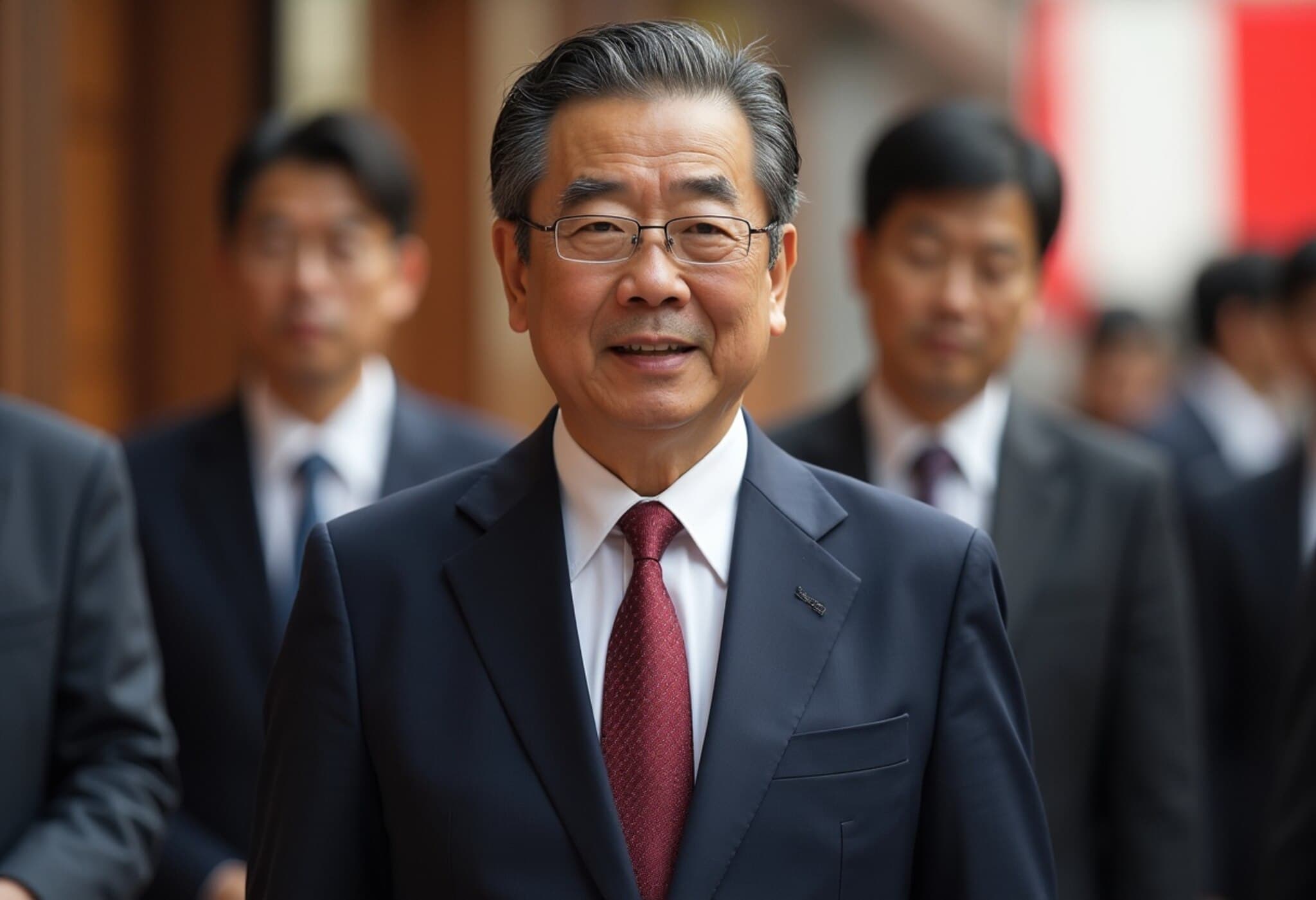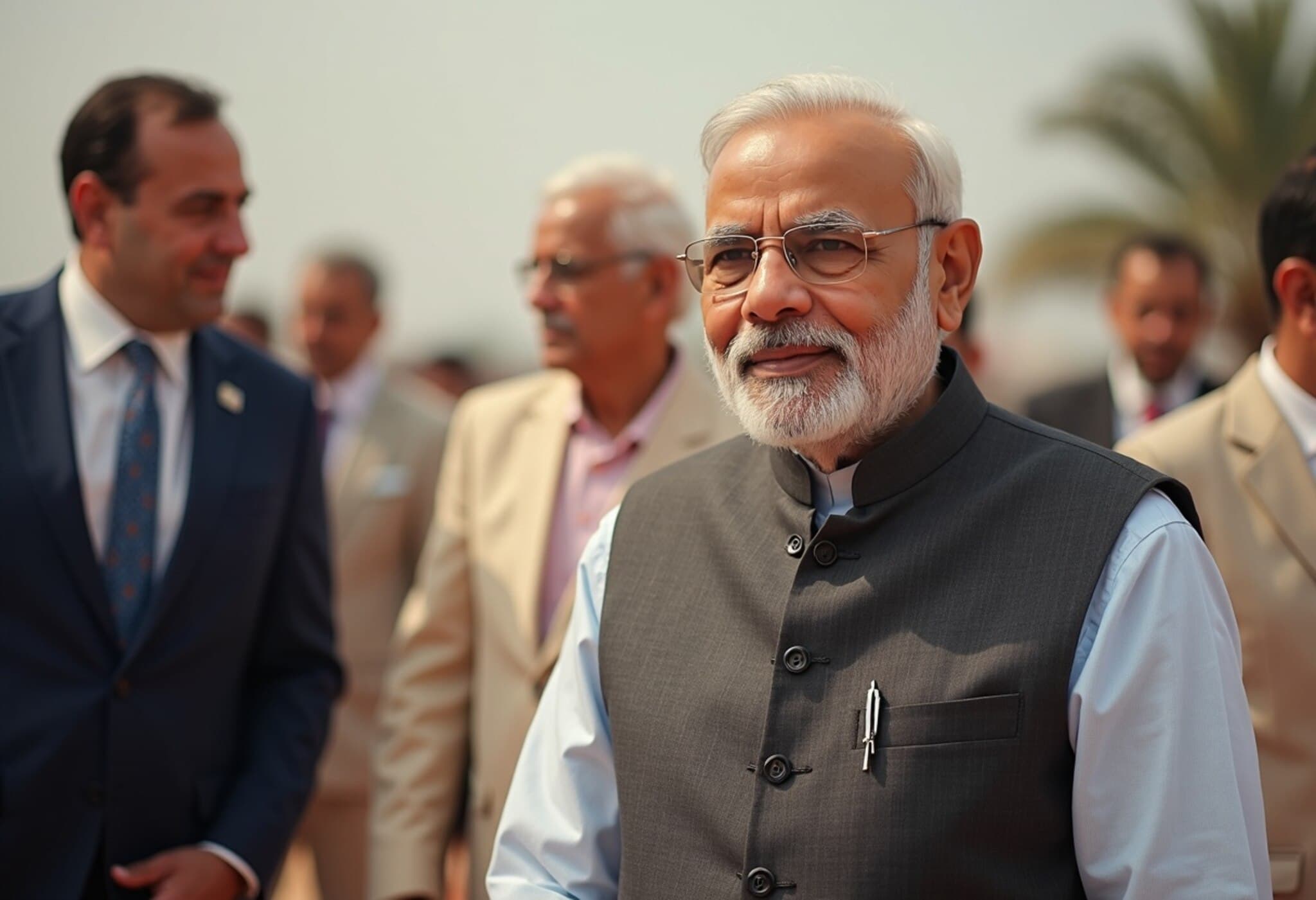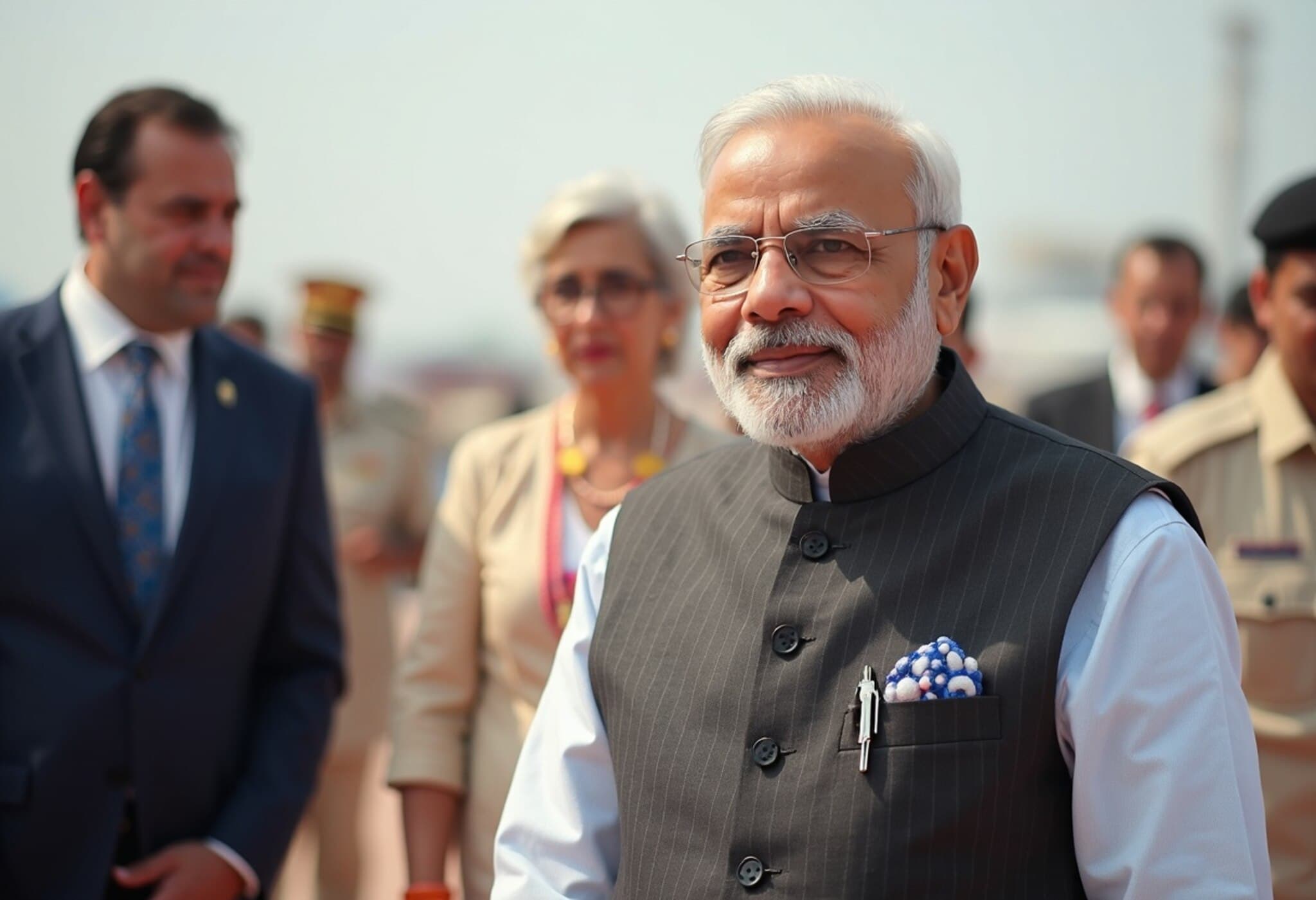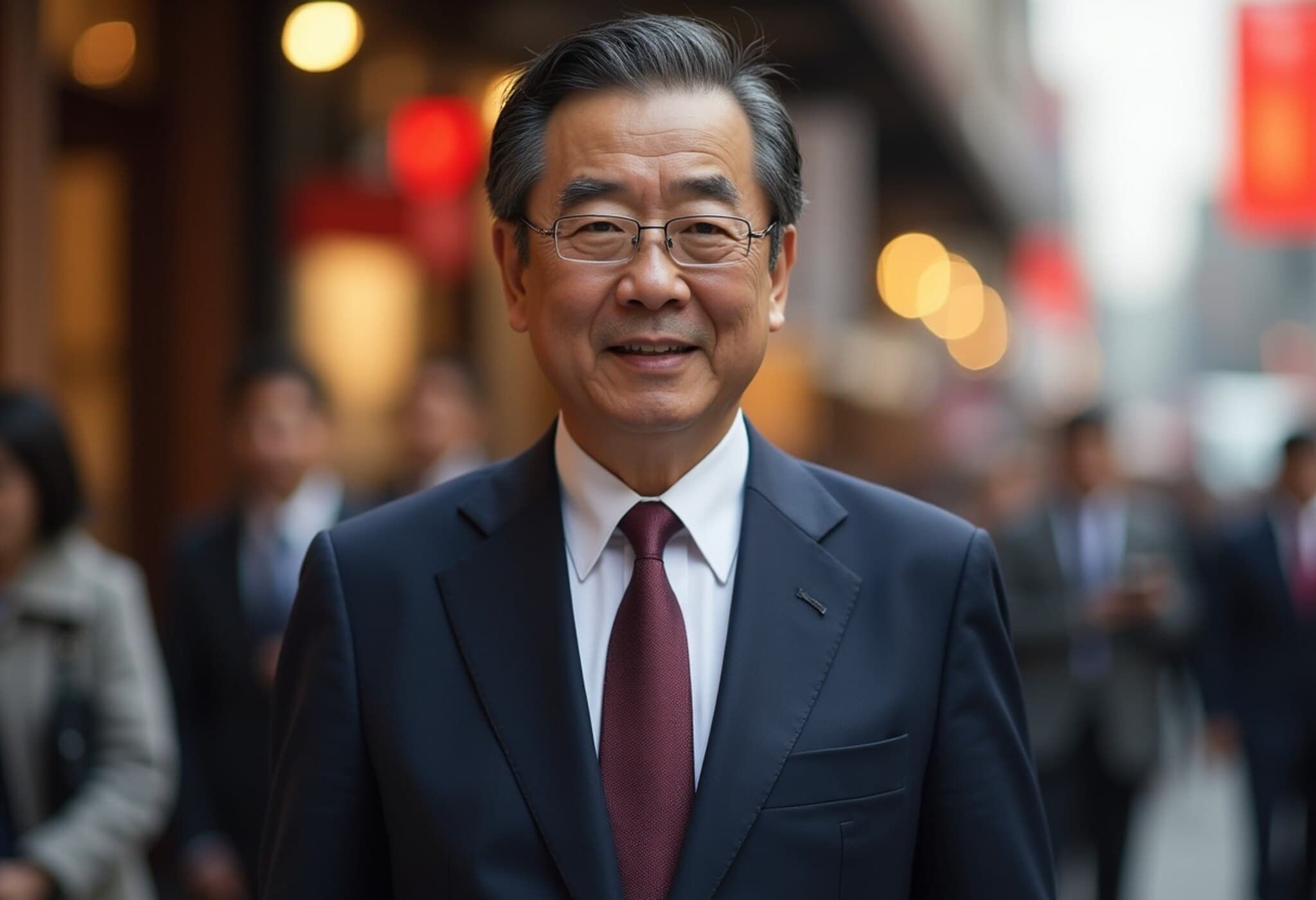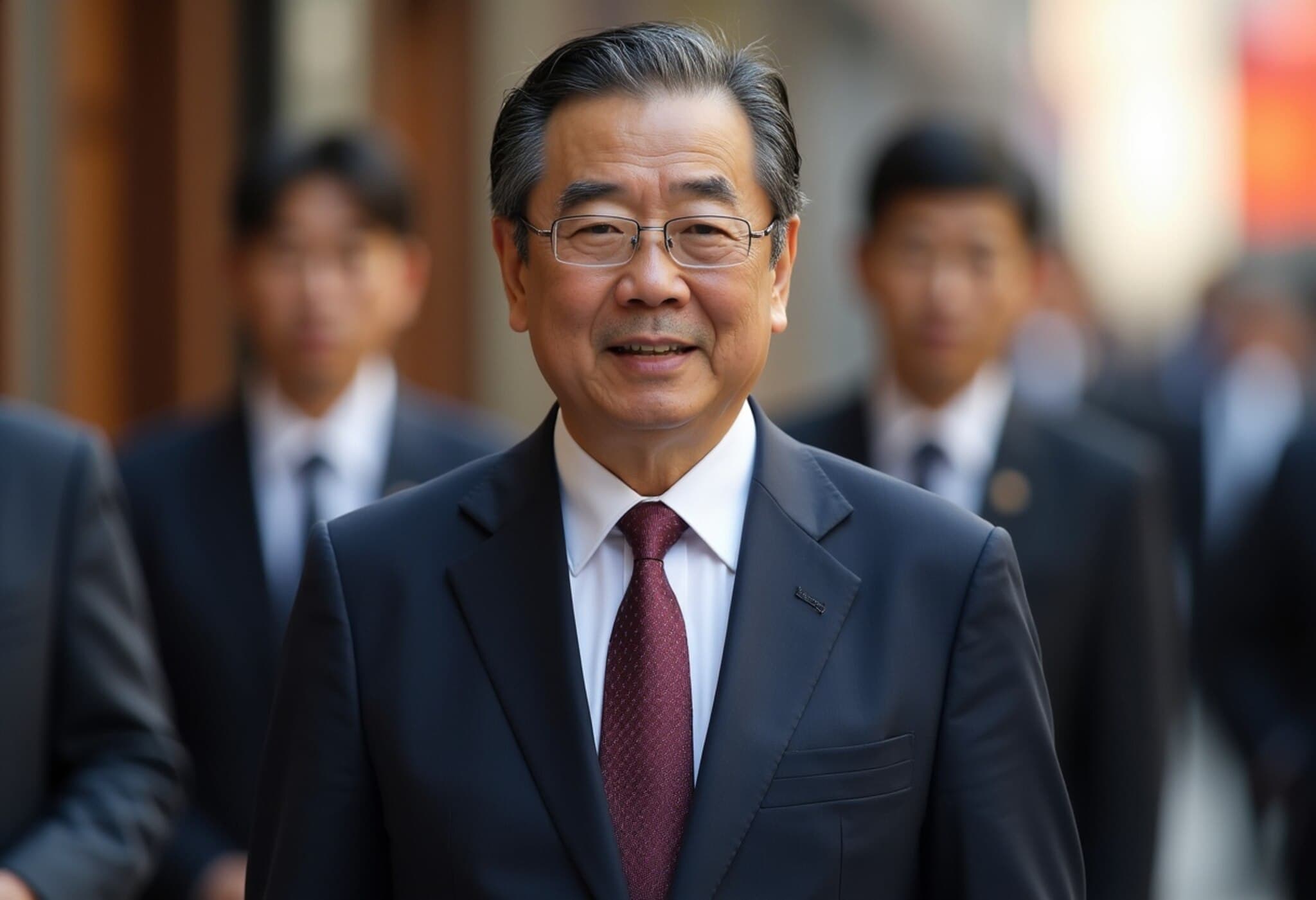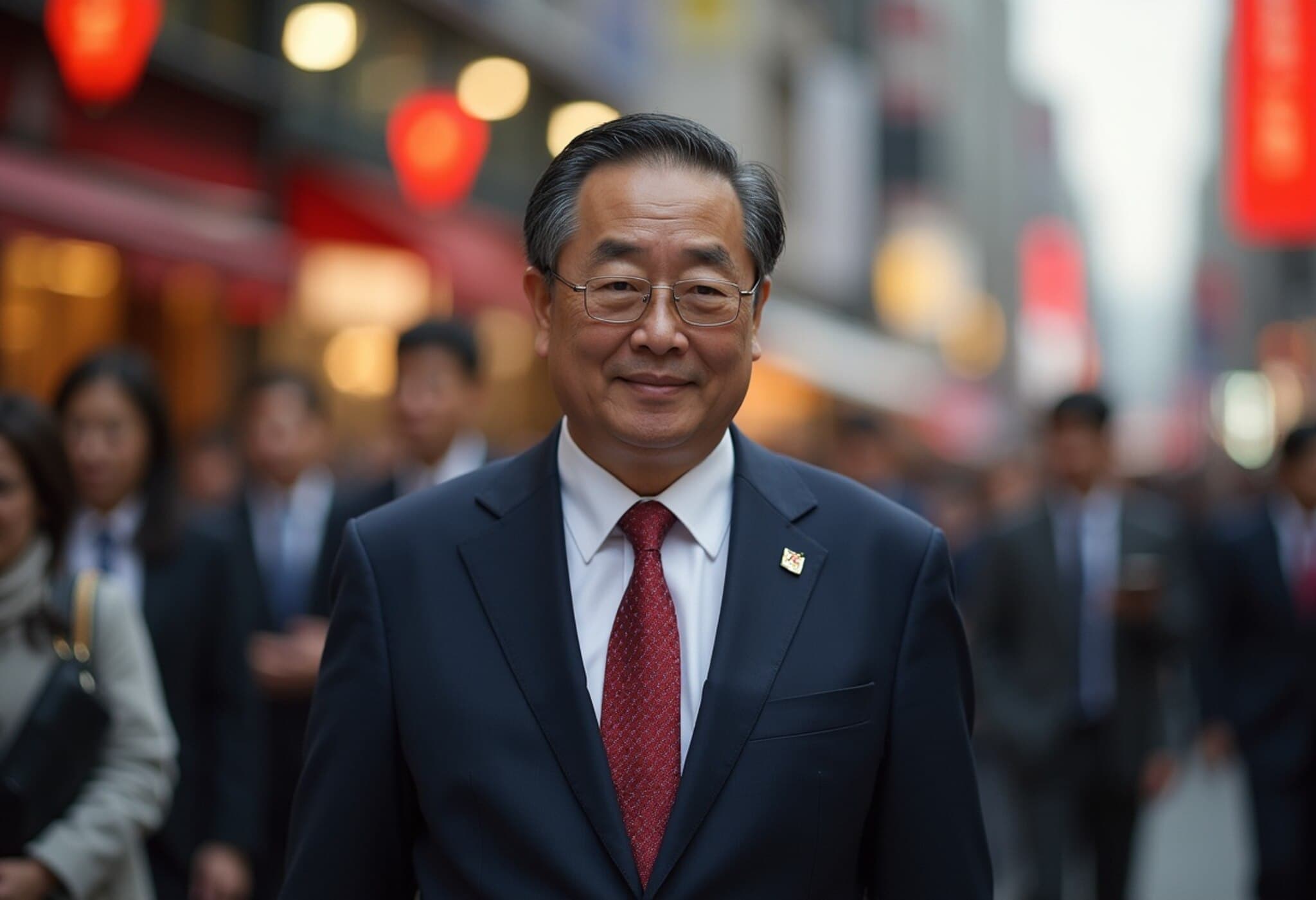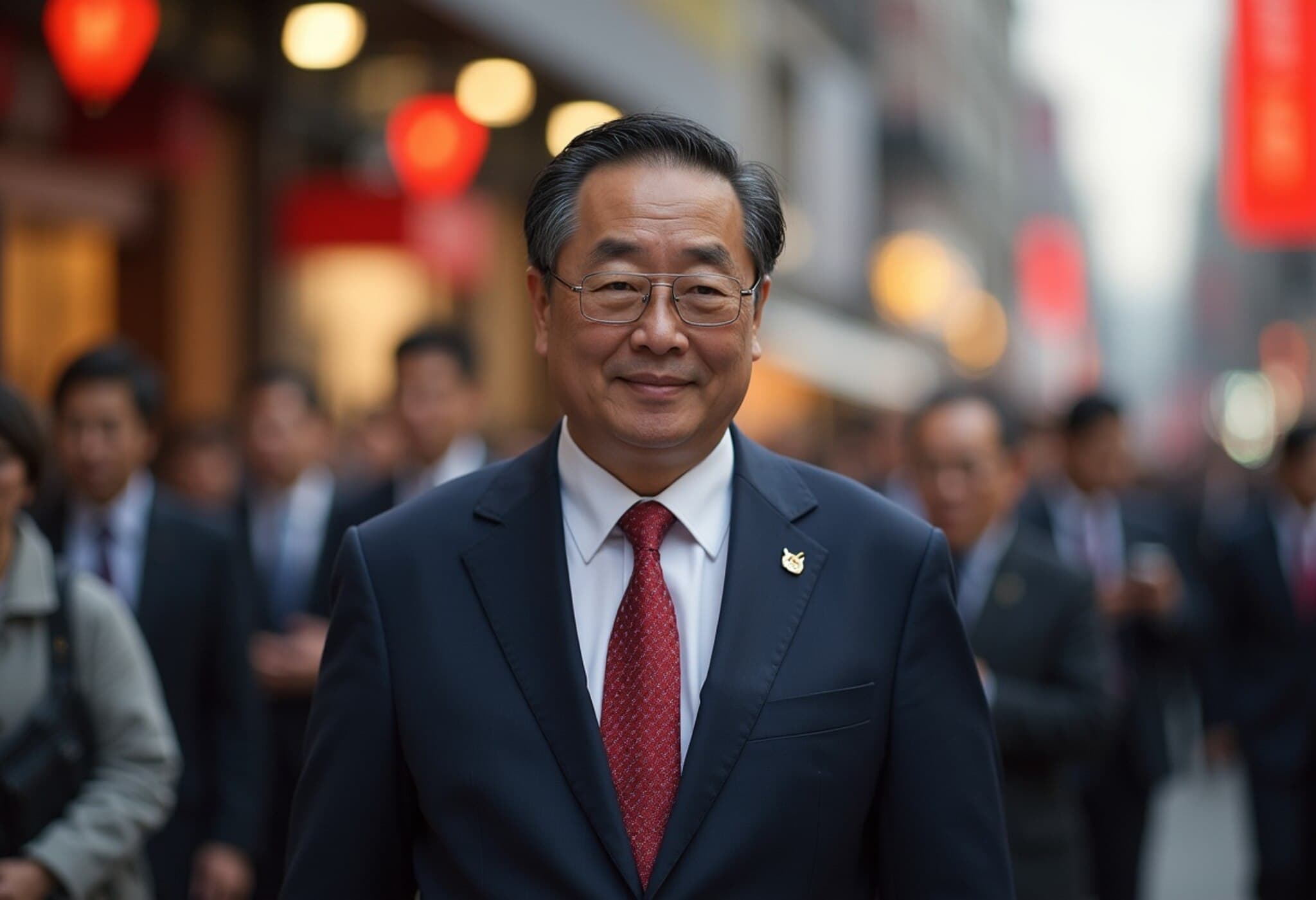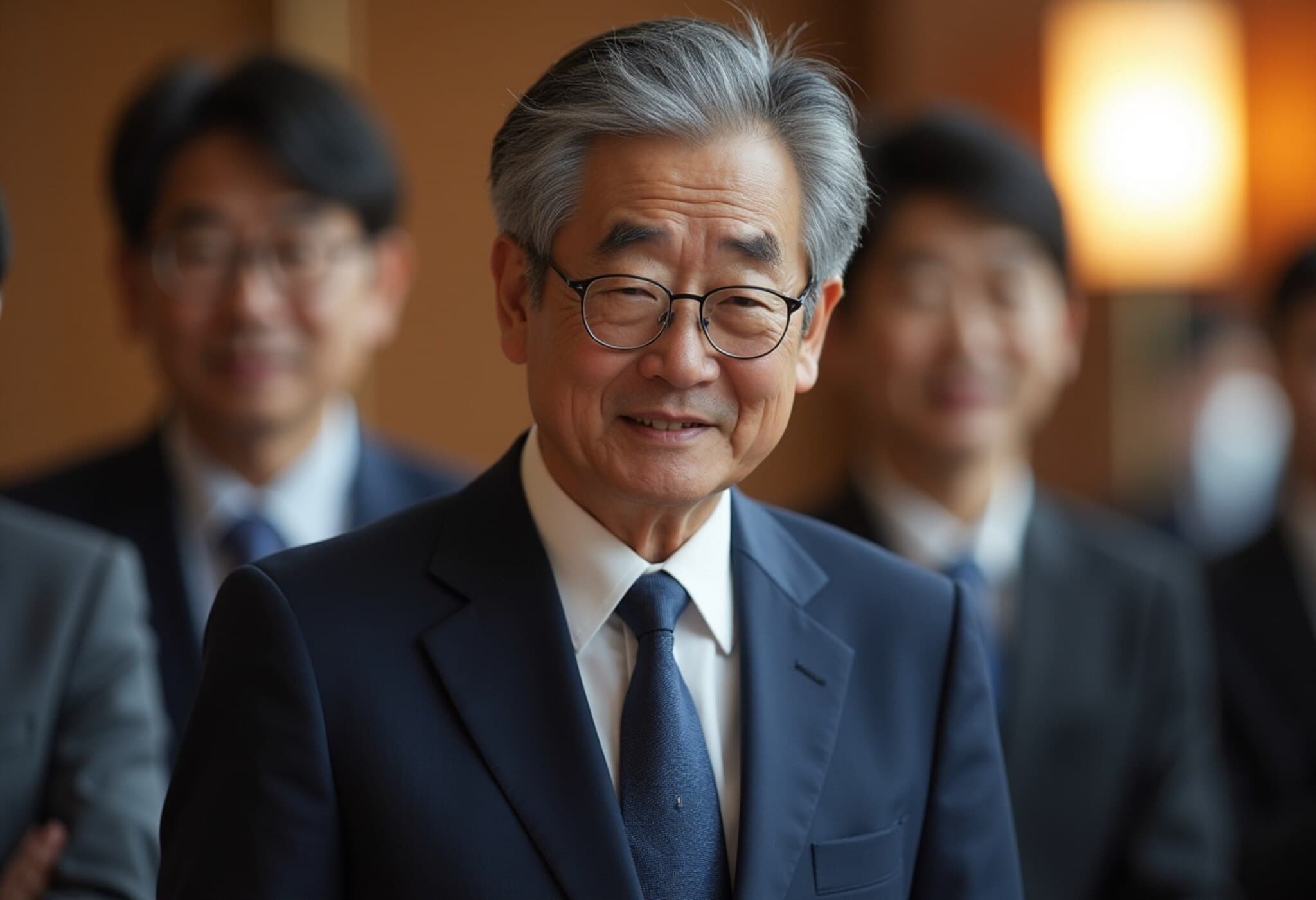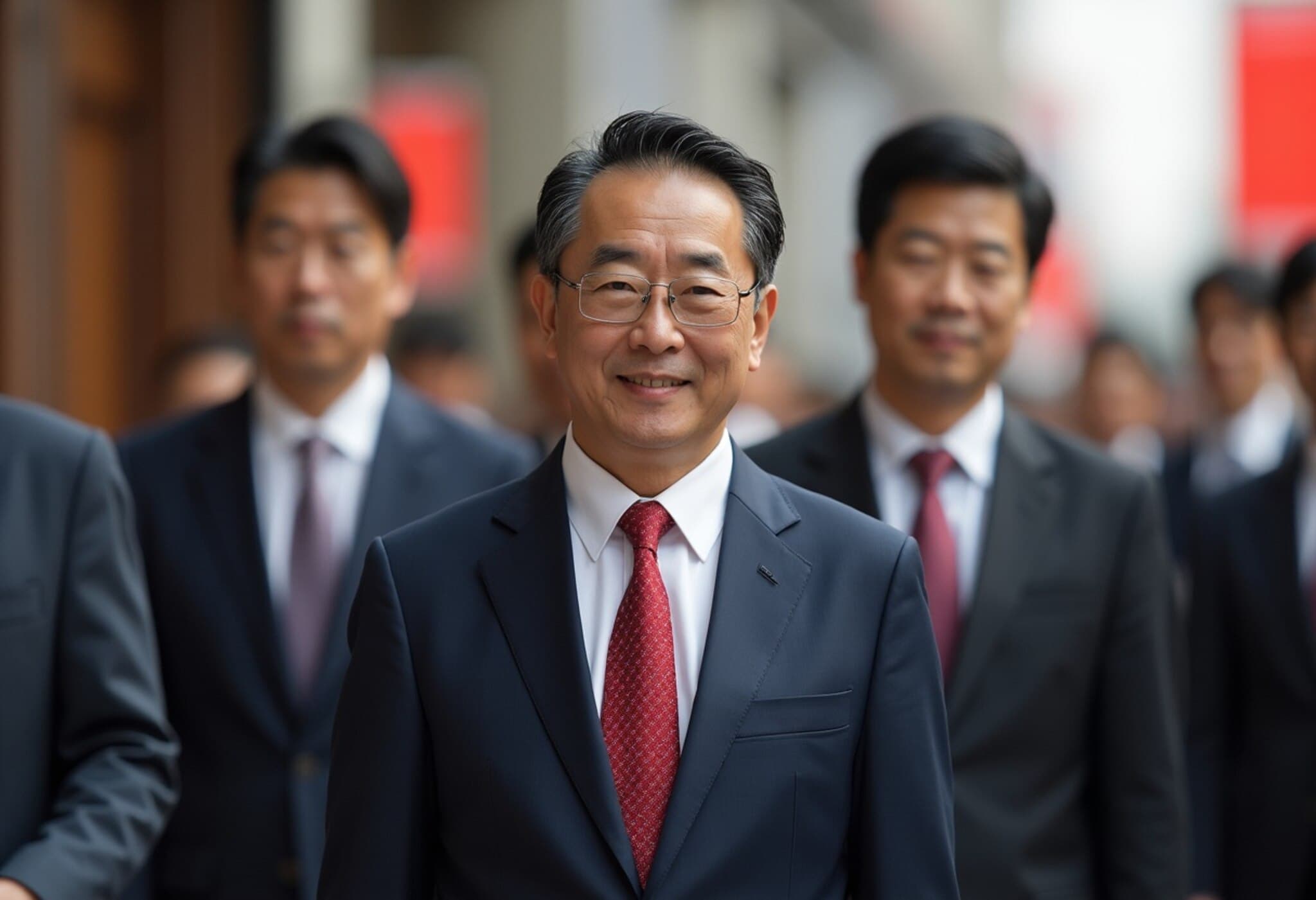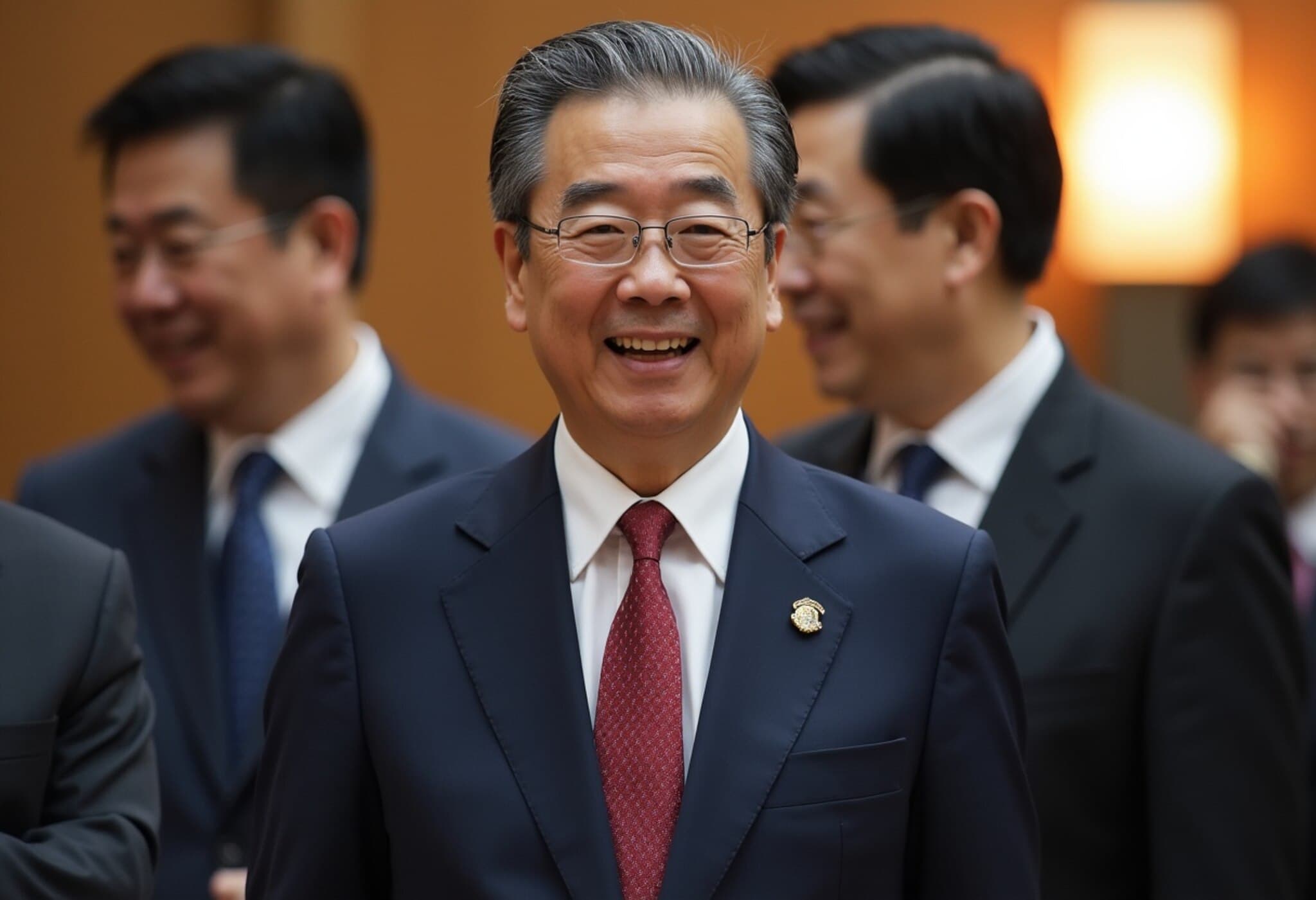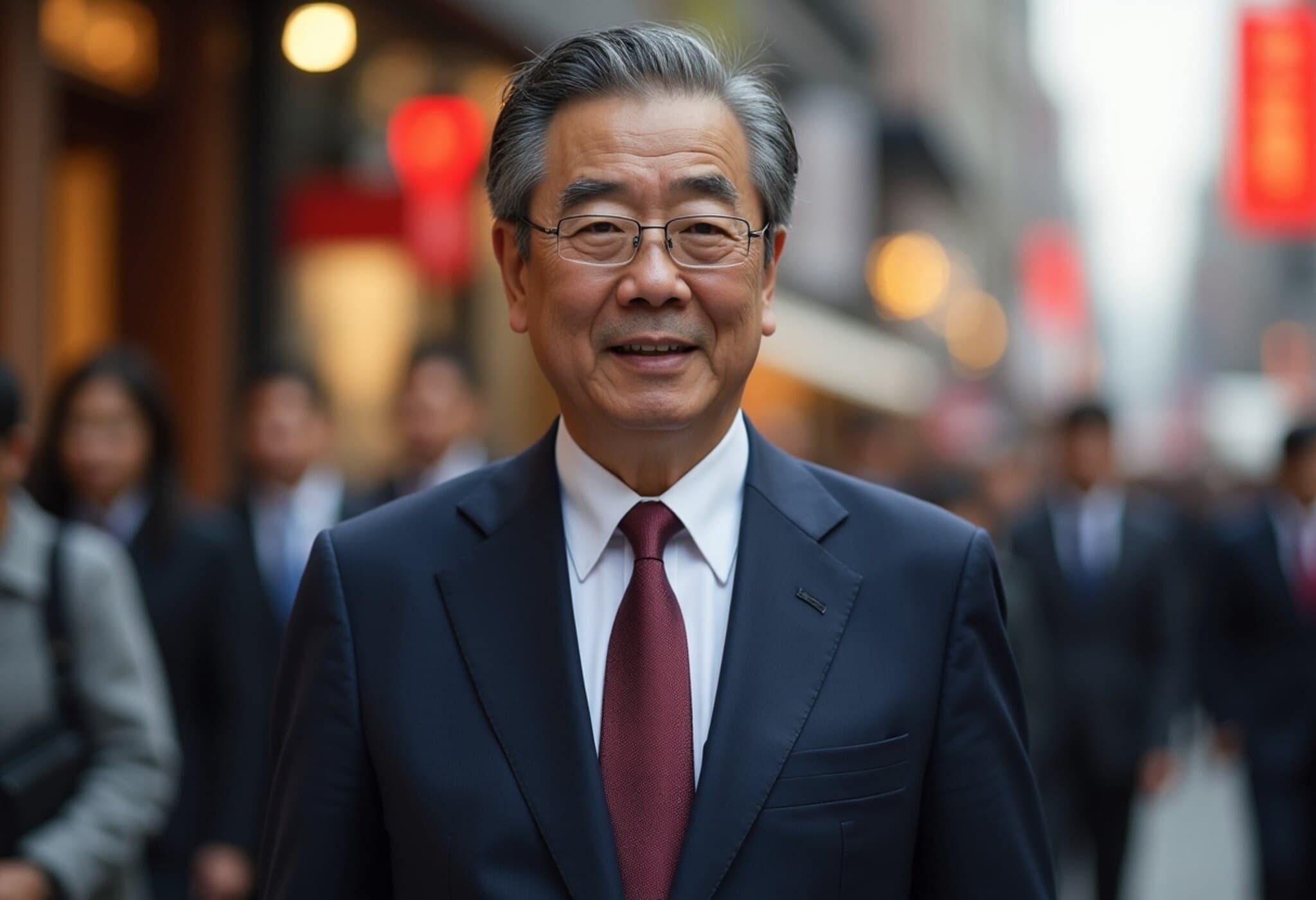Japan Faces Political Uncertainty as Prime Minister Shigeru Ishiba Weighs Resignation
In a developing political saga that has captured attention at home and abroad, Japan’s Prime Minister Shigeru Ishiba is reportedly considering stepping down as early as August. This comes on the heels of a significant electoral setback for his governing Liberal Democratic Party (LDP) and fresh developments in international trade relations.
Electoral Defeat Signals a Historic Shift for the LDP
Recent elections have dealt a blow to the LDP’s longstanding dominance in Japanese politics. Following their loss of majority control in the lower house last October, the party has now also fallen below the majority threshold in the upper house. This marked the first time since the party’s inception that it holds a minority in both chambers of the National Diet, signaling a monumental shift in Japan’s political landscape.
Context of U.S.-Japan Trade Deal Adds Complexity to Ishiba’s Position
The reports of Ishiba’s potential resignation coincided with U.S. President’s announcement of a “massive deal” with Japan, highlighting the intertwined nature of domestic and international politics. Ishiba’s decision appears linked to ongoing tariff negotiations, with sources indicating he will evaluate progress before making a final call on his future.
Behind the Scenes: Key Party Figures Convene
Japanese media reveal that Ishiba has scheduled an “unusual” meeting with influential LDP figures including Chief Advisor Taro Aso, Vice President Yoshihide Suga, and former Prime Minister Fumio Kishida. This gathering underscores the gravity of the situation and the internal deliberations within the party as it navigates these turbulent waters.
Possible Timeline and Implications for Japan’s Political Climate
- August: Ishiba expected to decide whether to resign.
- September: Potential selection of a new LDP party leader.
- October: Holding of an official election for the party’s new prime minister nominee.
This timeline suggests a rapid response mechanism within the LDP to regroup and maintain political cohesion amid mounting challenges.
Expert Commentary: What This Means for Japan and Beyond
Political analyst Yuki Tanaka remarks, “The LDP’s double minority status marks an unprecedented moment that could recalibrate Japan’s policy direction and governance style. Prime Minister Ishiba’s decision will be pivotal not only for domestic politics but also for Japan’s economic and diplomatic posture globally.”
From an American policy perspective, stability in Japan is crucial, given its role as a key regional ally and trading partner. The recent U.S.-Japan trade deal, announced in tandem with these political developments, highlights the urgency for clear leadership and policy continuity.
Underreported Angle: Public Sentiment and Media Gaps
While political elites grapple with leadership decisions, public opinion surveys indicate a growing desire among Japanese citizens for political rejuvenation and more transparent governance. This popular undercurrent is often drowned out by headline political drama but remains a critical factor for any new leader stepping into the role.
Looking Ahead
The unfolding situation invites close observation of how the LDP maneuvers through uncharted territory. Ishiba’s choice will test the party's resilience, while the broader implications could ripple across Japan’s legislative agenda, economic policies, and international relations.
Editor’s Note:
The potential resignation of Prime Minister Ishiba amid a historic loss of majority control in both parliamentary houses represents a watershed moment for Japanese politics. Readers should watch for how this internal party crisis intertwines with Japan’s international commitments, including the recent trade agreement with the United States. Key questions linger: Who will emerge as Ishiba’s successor? Can the LDP recover its dominance? And how will this political flux impact Japan’s role on the world stage? This is a story that blends domestic turbulence with global economic stakes, warranting sustained attention.

